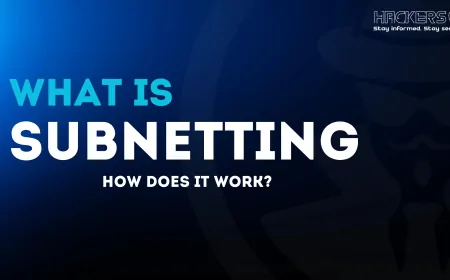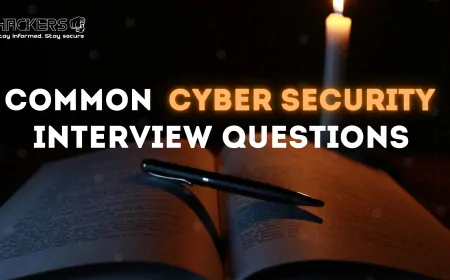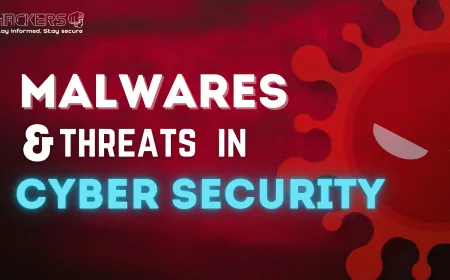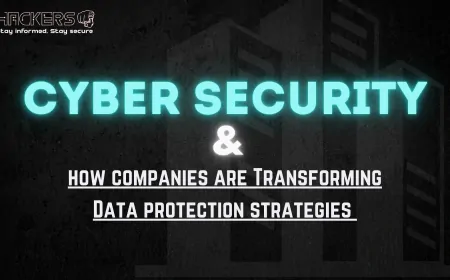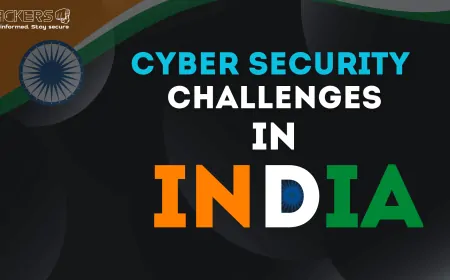From Console to Cloud Why Gamers Are Increasingly Vulnerable to Cyber Attacks
Explore why gamers are becoming increasingly vulnerable to cyber attacks, from console to cloud gaming. Learn about the risks and vulnerabilities that online gamers face and discover essential cybersecurity measures to protect gaming accounts, data, and privacy Explore why gamers are becoming increasingly vulnerable to cyber attacks, from console to cloud gaming. Learn about the risks and vulnerabilities that online gamers face and discover essential cybersecurity measures to protect gaming accounts, data, and privacy.

Introduction
As gaming rapidly transitions from traditional consoles to cloud-based platforms, players face new and evolving cyber risks. This shift brings both conveniences and security challenges. This article dives into why cybercriminals target gamers, common attack types, and protective measures.
1. The Evolution of Gaming
-
Overview of Gaming Trends
Gaming has evolved from single-player console setups to online and cloud-based gaming platforms, enabling access from any device, anywhere. This shift to cloud gaming allows for a richer experience but exposes players to continuous online threats. -
Increased Connectivity
With cloud gaming, players are almost always connected online, making it easier for hackers to target them through various channels. Prominent platforms like Google Stadia, Microsoft xCloud, and PlayStation Now exemplify this trend toward connected gaming.
2. Why Gamers Are Prime Targets for Cyber Attacks
-
High-Value Targets
Gamers often have valuable in-game assets and personal data, which makes them attractive targets. Attackers aim to steal game accounts and digital assets, which are easily monetized. -
Lack of Awareness
Many gamers, particularly younger ones, may not prioritize cybersecurity, focusing instead on gameplay. This makes them vulnerable to threats like phishing and malware. -
Weak Security Practices
Common practices such as using weak passwords, sharing accounts, or using the same password across multiple platforms increase the likelihood of account compromises.
3. Types of Cyber Attacks Targeting Gamers
-
Phishing Scams in Gaming
Phishing tactics deceive gamers into providing their credentials through fake login pages or "free" item offers, which can lead to account theft. -
Account Hijacking and Identity Theft
Attackers exploit weak passwords or phishing tactics to hijack accounts. Once taken, these accounts can be sold or used for identity theft. -
Malware in Gaming Downloads
Downloading unofficial mods, cheats, or game files often comes with hidden malware, compromising both data and device security. -
DDoS (Distributed Denial of Service) Attacks
Online gaming can be disrupted by DDoS attacks, impacting game sessions or even organized tournaments. -
Ransomware Attacks on Game Developers
Hackers target game developers’ servers, sometimes impacting gamers’ access to online games and leading to data breaches.
4. The Impact of Cyber Attacks on Gamers
-
Financial Losses
Cyber attacks can cause financial losses through stolen accounts, unauthorized in-game purchases, and costs associated with recovering compromised accounts. -
Psychological Effects
Account theft and loss of in-game items can be emotionally distressing for gamers who have invested significant time and money. -
Loss of Trust in Platforms
Frequent attacks can erode trust in cloud gaming services, potentially discouraging players from continuing to invest in these platforms.
5. Real-Life Examples of Cyber Attacks on Gaming Communities
-
Notable Breaches and Attacks in the Gaming Industry
High-profile cyber attacks, such as those on Sony and EA, highlight the scale and frequency of breaches impacting gamers and companies alike. -
Data Breaches in Popular Games
Data breaches have compromised the personal information of millions of players, underscoring the importance of security in gaming.
6. How to Protect Yourself as a Gamer
-
Secure Account Practices
Use strong, unique passwords for gaming accounts and enable two-factor authentication to secure accounts against unauthorized access. -
Awareness of Phishing Tactics
Educate yourself on recognizing phishing emails, messages, and fake websites that target gamers with misleading offers. -
Download Games and Add-ons Safely
Only download games and mods from verified sources to reduce the risk of malware infections. -
Avoiding Public Wi-Fi for Gaming
Public Wi-Fi networks make devices vulnerable to cyber attacks, so consider using a VPN for added security.
7. The Role of Gaming Platforms in Cybersecurity
-
Platform Security Measures
Many gaming platforms are investing in security tools like frequent updates and bug bounties, and offering security tips to users. -
Challenges for Gaming Companies
Gaming companies face challenges balancing user experience with cybersecurity measures, especially in maintaining seamless, lag-free gameplay. -
Future of Cybersecurity in Gaming
Emerging technologies, like AI-driven security tools and blockchain, promise new avenues for enhancing cybersecurity in gaming.
Conclusion
The cloud-based era brings both opportunities and risks for gamers. Staying vigilant and adopting secure habits is essential to protect oneself in this evolving digital landscape.
(FAQs)
1. Why are cybercriminals increasingly targeting gamers?
Answer: Cybercriminals target gamers due to the high value of in-game assets, personal data, and digital currencies. Gamers are often continuously online, making them accessible to various attacks, and many may not take security precautions, making them easier targets.
2. What are the main types of cyber attacks that affect gamers?
Answer: Gamers can face phishing scams, account hijacking, malware downloads (from mods or pirated games), DDoS attacks that disrupt gameplay, and ransomware attacks targeting game developers’ servers.
3. How does cloud gaming increase the risk of cyber attacks?
Answer: Cloud gaming requires a constant internet connection, which makes it easier for attackers to target users. Players are often connected through multiple platforms, which can expose them to phishing, malware, and other online threats.
4. What are some common phishing tactics used in gaming?
Answer: Phishing in gaming often involves fake login pages, messages offering free in-game items, or misleading emails that prompt gamers to provide personal information or login credentials.
5. How can gamers protect their accounts from cyber attacks?
Answer: Gamers can protect their accounts by using strong, unique passwords, enabling two-factor authentication, downloading games from official sources, and being cautious of phishing attempts and suspicious links.
6. Can DDoS attacks affect individual gamers?
Answer: Yes, DDoS attacks can affect individual gamers, especially in online multiplayer settings, causing game lags or even disconnecting them entirely. These attacks are sometimes used to gain an unfair advantage in competitive gaming.
7. What is the role of gaming companies in enhancing cybersecurity?
Answer: Gaming companies are increasingly implementing security measures, such as regular updates, bug bounties, and secure login options, to protect user data. They also educate gamers on secure practices to minimize risks.
8. Are there specific security software or tools that gamers should use?
Answer: Yes, gamers should consider using antivirus software, a VPN for secure connections, and firewall protection to guard against cyber threats. These tools help protect data and prevent unauthorized access to gaming accounts.
9. What are the potential consequences of a cyber attack on a gamer?
Answer: A cyber attack can lead to stolen in-game assets, financial losses from unauthorized transactions, loss of personal information, and even emotional stress from losing game progress or access to accounts.
10. What future trends in gaming cybersecurity can we expect?
Answer: As gaming platforms evolve, future cybersecurity trends may include AI-driven security measures, blockchain-based identity verification, and more robust authentication methods to protect against emerging threats.
What's Your Reaction?




















